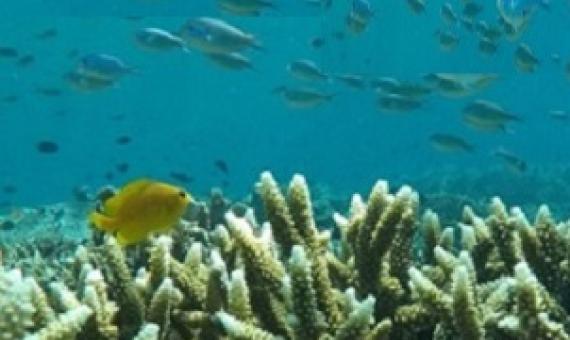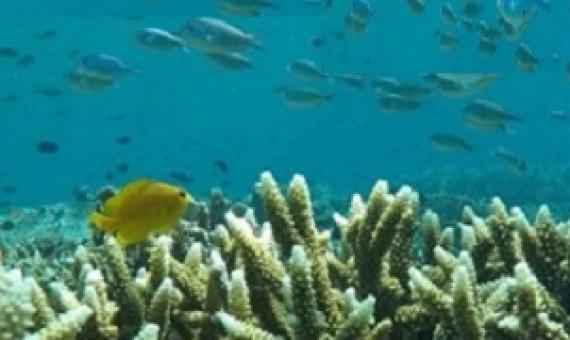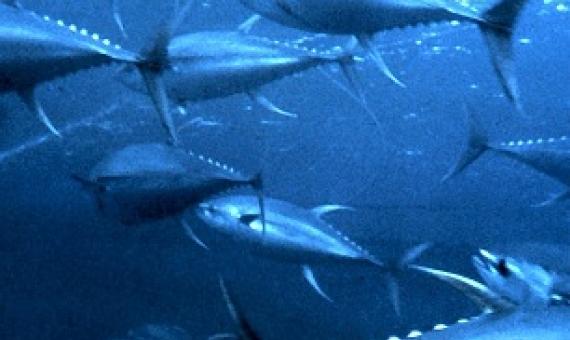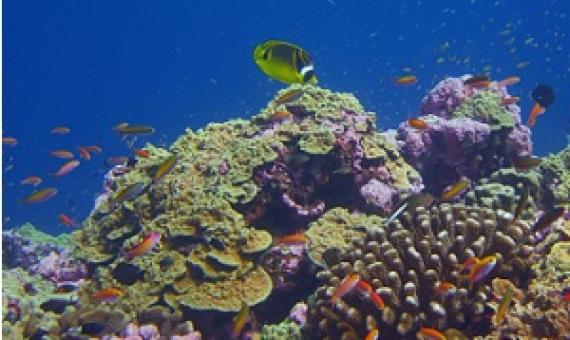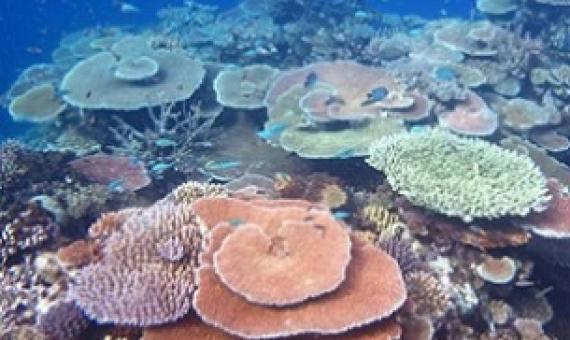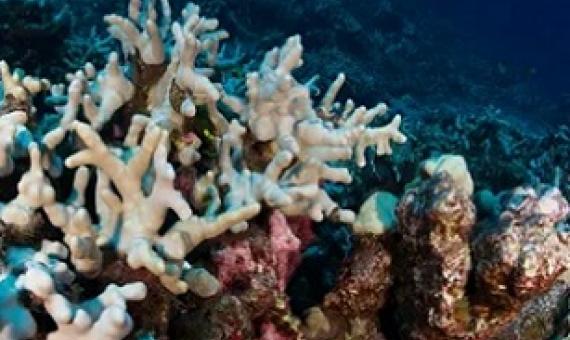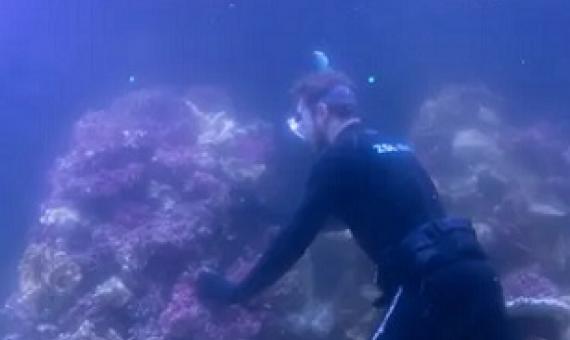A Newcastle University-led study focused on the Pacific Island nation of Palau and has shown that historic increases in the thermal tolerance of coral reefs are possible.
An international team of researchers studied the behavioral changes among butterflyfish on a series of reefs in the Indo-Pacific before and after the 2016 global mass coral bleaching event.
As remote as they were beautiful, the coral reefs around the 5 volcano tips making up the Southern Line Islands dazzled National Geographic explorers in 2009 during a visit. Remarking that they re-painted the image of what a pristine coral reef looks like—bursting with color and life—the tea
Faster Ocean Warming Threatens Richest areas of Marine Biodiversity
The vulnerability of marine biodiversity to accelerated rates of climatic change is poorly understood. By developing a new method for identifying extreme oceanic warming events during Earth's most recent deglaciation, and comparing these to 21st century projections, we show that future rates of ocean warming will disproportionately affect the most speciose marine communities, potentially threatening biodiversity in more than 70% of current-day global hotspots of marine species richness.
Members of the public are to expect significant coral deaths if sea surface temperatures (SSTs) exceed the temperatures normally experienced in the hottest month, says Ministry of Fisheries director Neomai Ravitu.
Researchers from the UBC Institute for the Oceans and Fisheries (IOF) used a complex model incorporating extreme annual ocean temperatures in Exclusive Economic Zones, where the majority of global fish catches occur, into climate-related projections for fish, fisheries and their dependent human c
Some coral communities are becoming more heat tolerant as ocean temperatures rise, offering hope for corals in a changing climate.
Global warming is not just increasing average temperatures on land, it’s heating up the oceans as well. As marine heat waves become more common, they are disrupting longstanding relationships between species that have come to depend on each other.
Scientists have launched a world-first system to detect in almost real time the bleaching of the planet’s coral reefs that are under severe threat from global heating.
This weekend, conservationists will put the final touches to a giant artificial reef they are assembling at London zoo.


